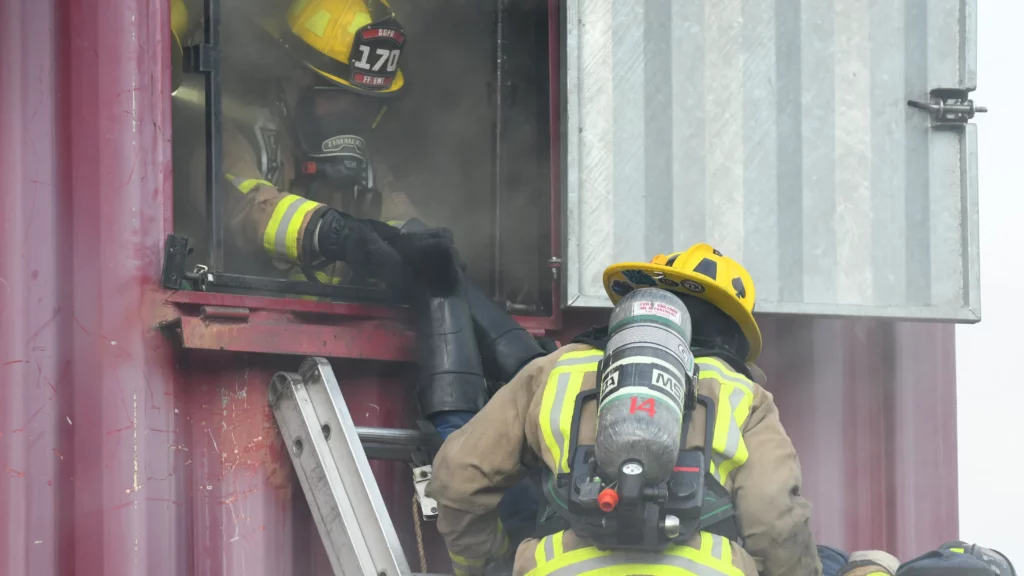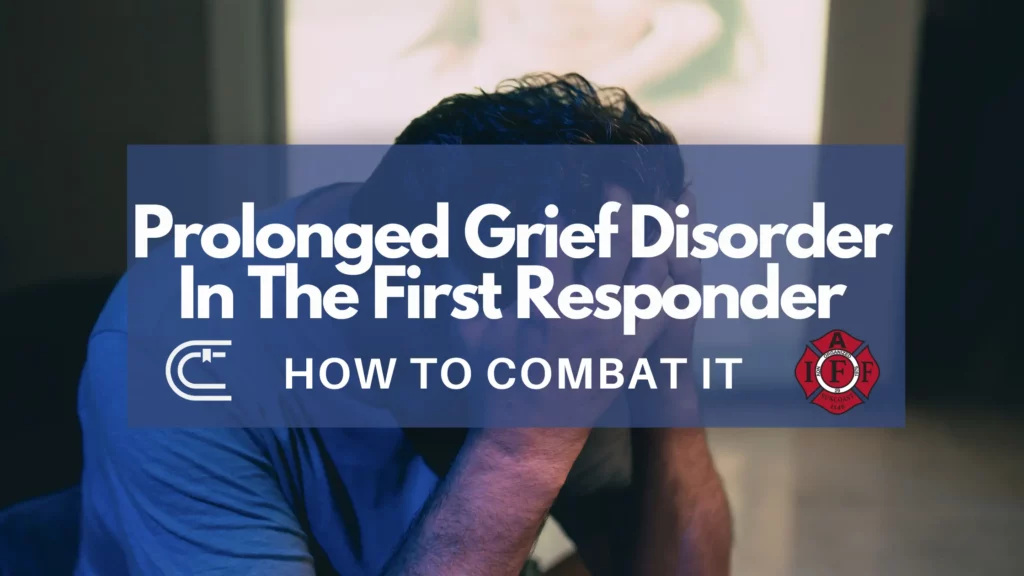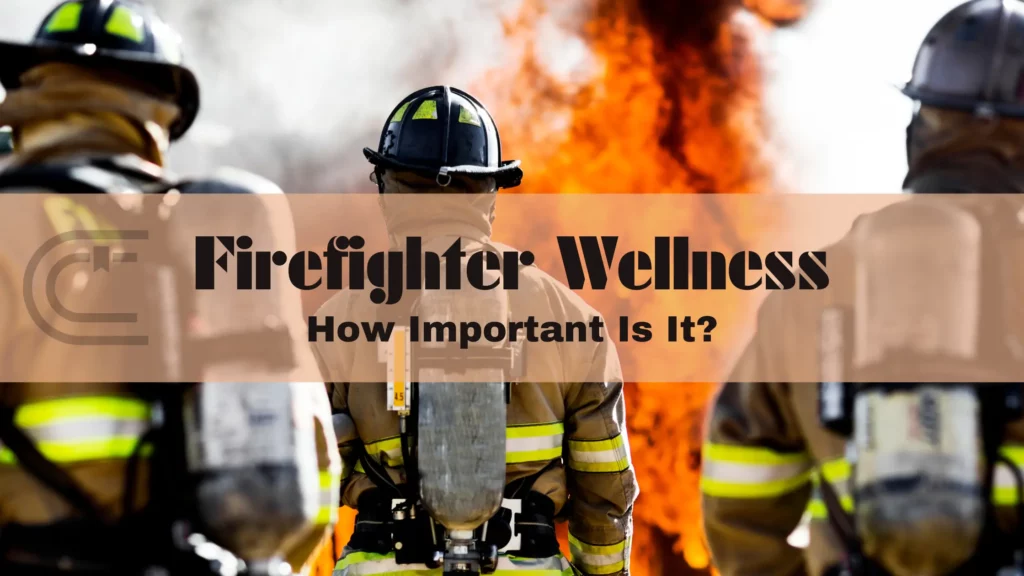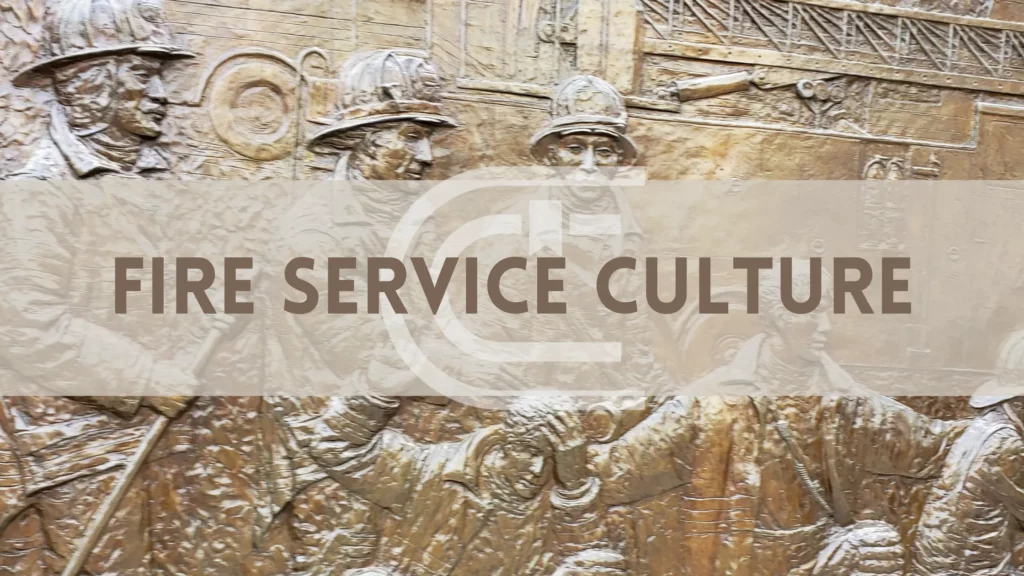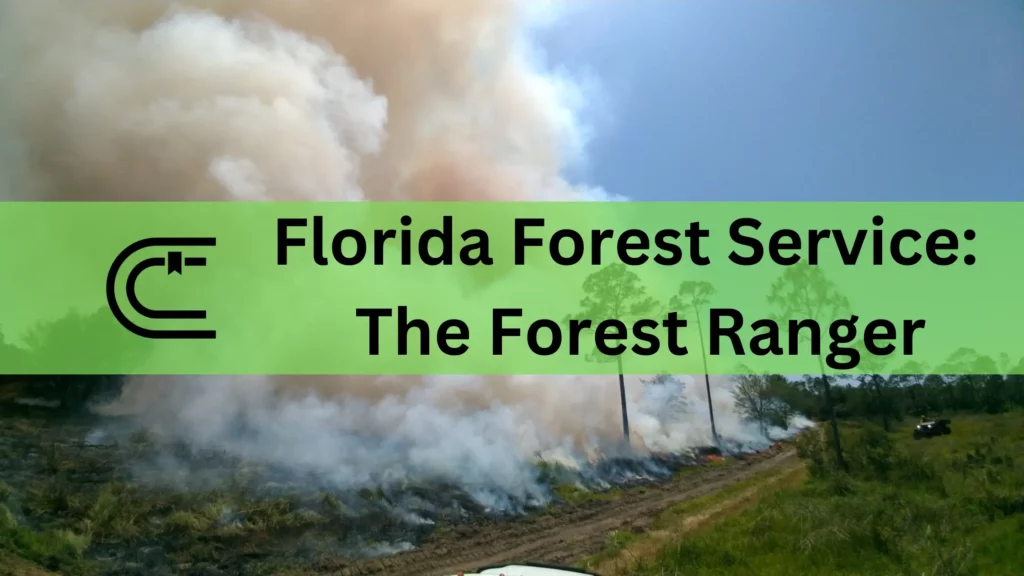Firefighter Health and Safety
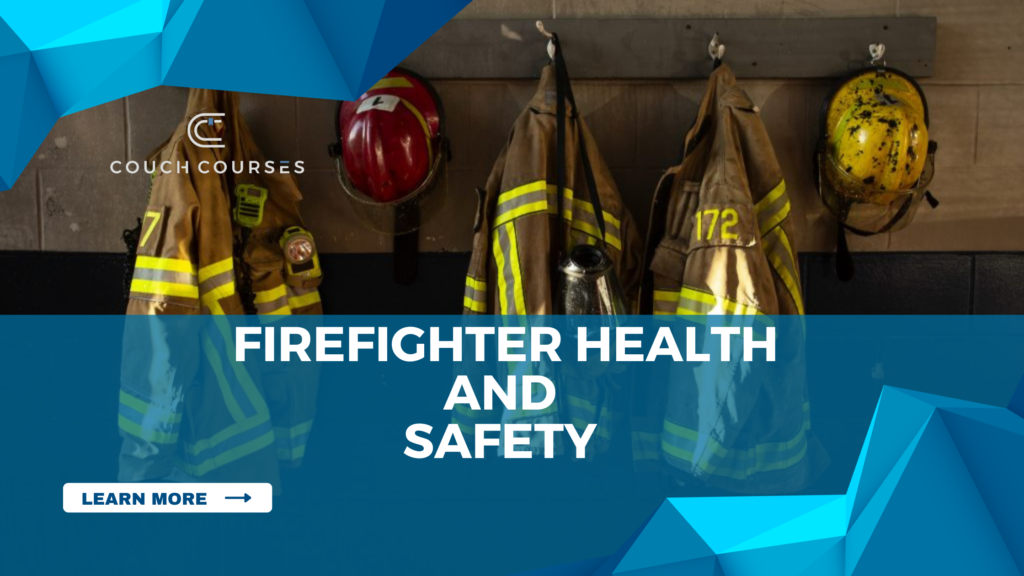
Firefighting by virtue is an extremely dangerous profession with risks to health and safety for those who pursue helping others. Couch Courses offers an online class for their Florida Health & Safety Officer course ATPC6741. We felt it appropriate to discuss the overall topic of Firefighter Health and Safety. In this post, you will see statistics, and resources available to help mitigate some of the dangers that our Firefighters face.
Training
Firefighters are known to perform hours upon hours of recertification training, book work, computer scenarios, table top drills and fire scenarios to help attempt to minimize high risk low frequency events such as fires, and other scenarios they maybe called upon to mitigate. Per NFPA in 2021 28 deaths of firefighters occurred during working at fires or explosions. Taking the time to slow down and practice life saving skills, or scenarios has been shown to help prevent fire ground deaths.
A big component of training is not only organizing and doing, but also preparing before hand academically. Doing research on the topics you plan to cover, and coming up with a training day plan that can be implemented and focused on learning, and SAFETY is paramount. FireRescue 1 has a post with 7 firefighter training drills not found in books. The State Fire School of Delaware has an awesome list of their Fire School drills and company evolutions to perform with your teams. Becoming proficient in practice is HUGE for when it comes time to do it in the real world with real risks.
Physical Health
The NFPA further breaks down 2021’s Firefighter fatalities and found a huge contributing factor being physical health per the NFPA “Overexertion, stress, and medical issues accounted for more than half of the deaths (40 deaths), including 29 sudden cardiac deaths”.
Some times Firefighters will come to work sick, or affected by a medical condition, and be scared to share that information with their crews or employer for a multitude of reasons. Some may not even be aware of their conditions. The NFPA recommends annual physicals in NFPA 1582, however, as we all know, not all entities can provide or wish to provide that service to their members. We need to be our own advocates. In a profession where we are always problem solving for others, we need to ensure we are taking care of each other.
Medical physicals and fitness play a large role in ensuring our bodies are ready to take on the arduous task of firefighting. Many health insurance policies give discounts to their members to obtain and maintain gym memberships. Other organizations like 555 fitness provide free workout programs that can often times be done with minimal to no equipment on duty or at home. FireRescue 1 and other websites like Pinterest provide articles and recipes around firehouse meals that are delicious, and healthy.
Mental Health
I have seen a huge shift in the arena surrounding mental health in the Fire Service. From what used to be considered taboo and weak to talk about, now being commonplace after incidents or dinner table conversation. We have begun to see large support in avenues like IAFF Peer Support, CISM, and organizations in Florida who dedicate themselves in helping connect firefighters with mental health professionals trained to work with first responders. The IAFF even provides dedicated facilities to their union members dedicated to substance abuse and PTSD treatment known as the Center of Excellence (COE).
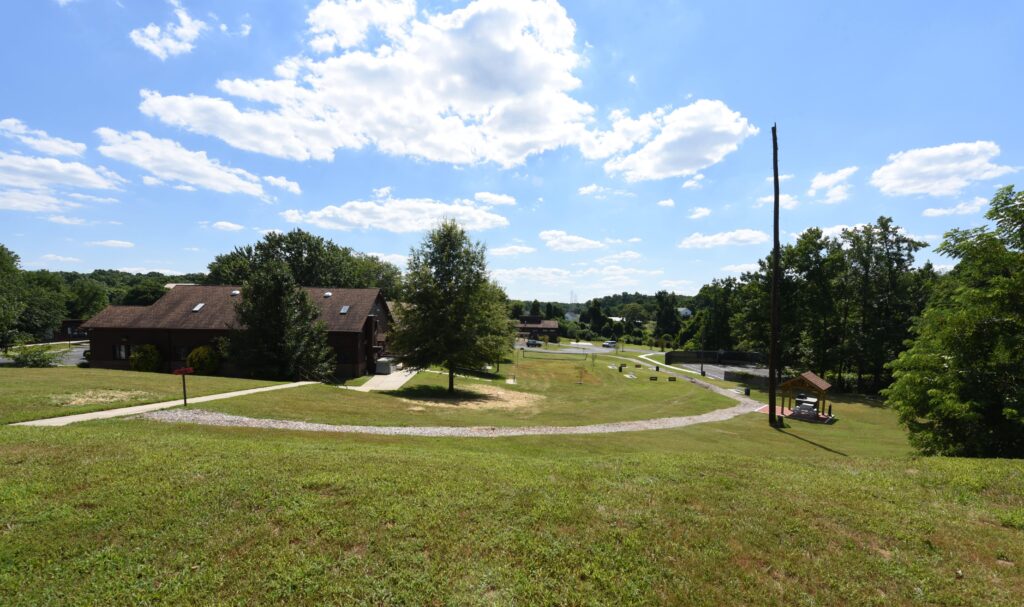
Cancer
This is another area I have seen huge strides in. It used to be that being salty (dirty smoke tinged/burnt gear) was a sign of an experienced Firefighter. This has given way to the education we have received around the carcinogens that we once were proud to show off. We now know that Firefighters have a 9 percent higher risk of being diagnosed with cancer, and a 14 percent higher risk of dying from cancer than the general U.S. population. Florida Firefighters now have advocates in receiving resources around treatment like the Firefighter Cancer Support Network, and research and legislation with the University of Miami Firefighter Cancer Initiative. The University of Miami has brought forth trainings around gross decontamination after fires, keeping gear away from living quarters, and has been performing studies around the very bunker gear we wear having chemicals and cancer causing carcinogens in its manufacturing process.
Florida Firefighter Health and Safety Resources
- Florida Firefighters Safety & Health Collaborative
FREE Program to Fire Departments looking to enhance, and maintain an effective Safety Committee and/or Safety Program. - 2nd Alarm Project
We offer behavioral health navigation and direct service provision to first responders and family members, peer support capacity building and clinical oversight. - 555 Fitness
We have the goal of reducing cardiac related deaths within the Fire Service. - Firefighter Cancer Support Network
To assist firefighters and EMS providers and their immediate families diagnosed with cancer by providing badge to badge support, training and guidance.
Florida Health and Safety Officer Online Class
This 45 hour course will cover both national and Florida specific information relating to the Health and Safety Officer. Topics include: Introduction to Emergency Services Occupational Safety and Health; Review of Safety-Related Regulations and Standards; Risk Management; Pre-Incident Safety; Safety at Fire Emergencies; Safety at Medical or Rescue Emergencies; Safety at Specialized Incidents; Post-Incident Safety Management; Personnel Roles and Responsibilities; Safety Program Evaluation; Information Management; and Special Topics in Emergency Services Occupational Safety and Health.
Couch Courses has a partnership with Columbia Southern University (CSU) which affords our students a discounted tuition rate and the ability to easily transfer our online courses to college credits. In addition to the CSU partnership, our fire classes are accredited through the Florida Bureau of Fire Standards and Training (BFST) and credit is posted to the FCDICE registry.

